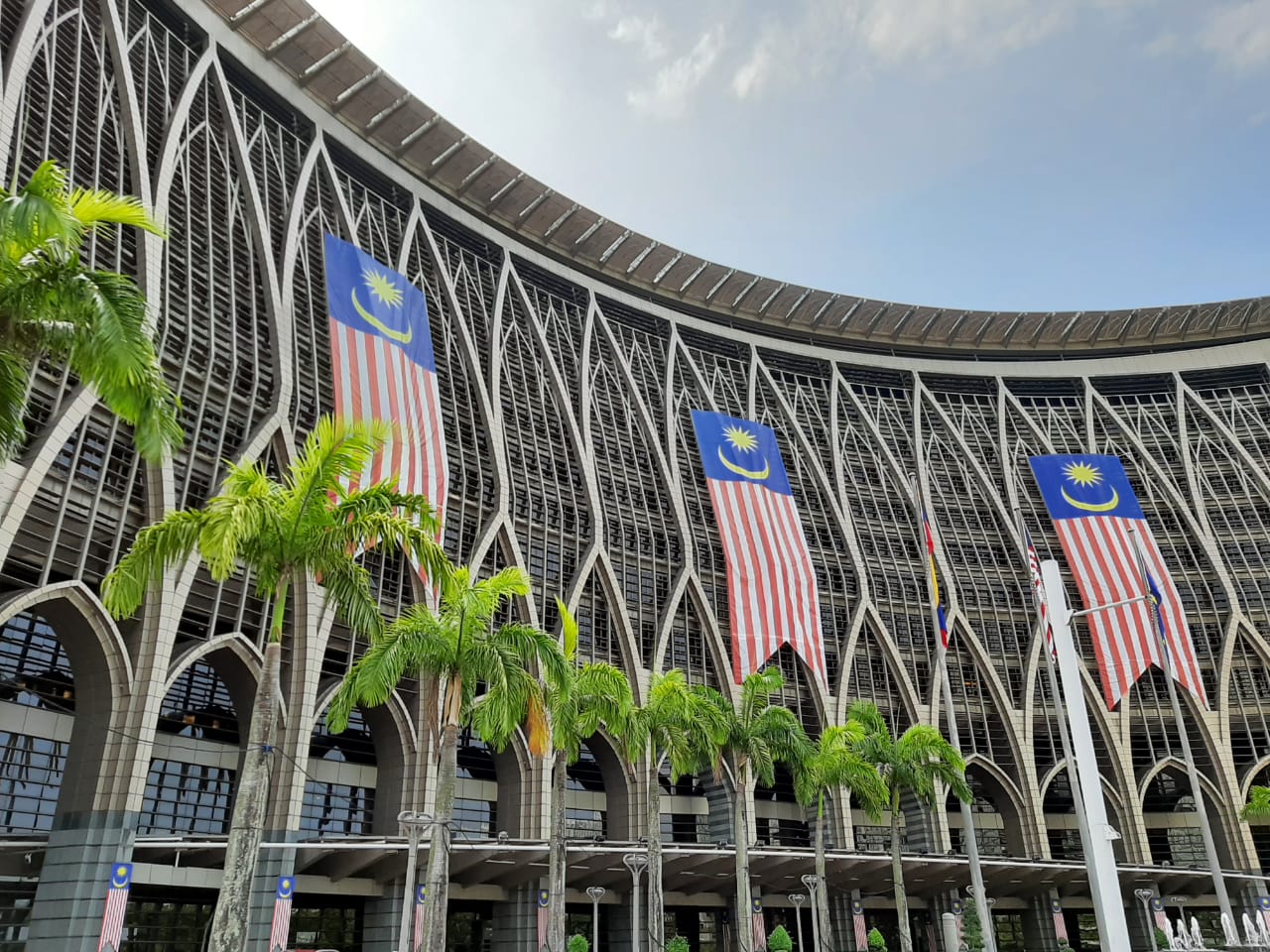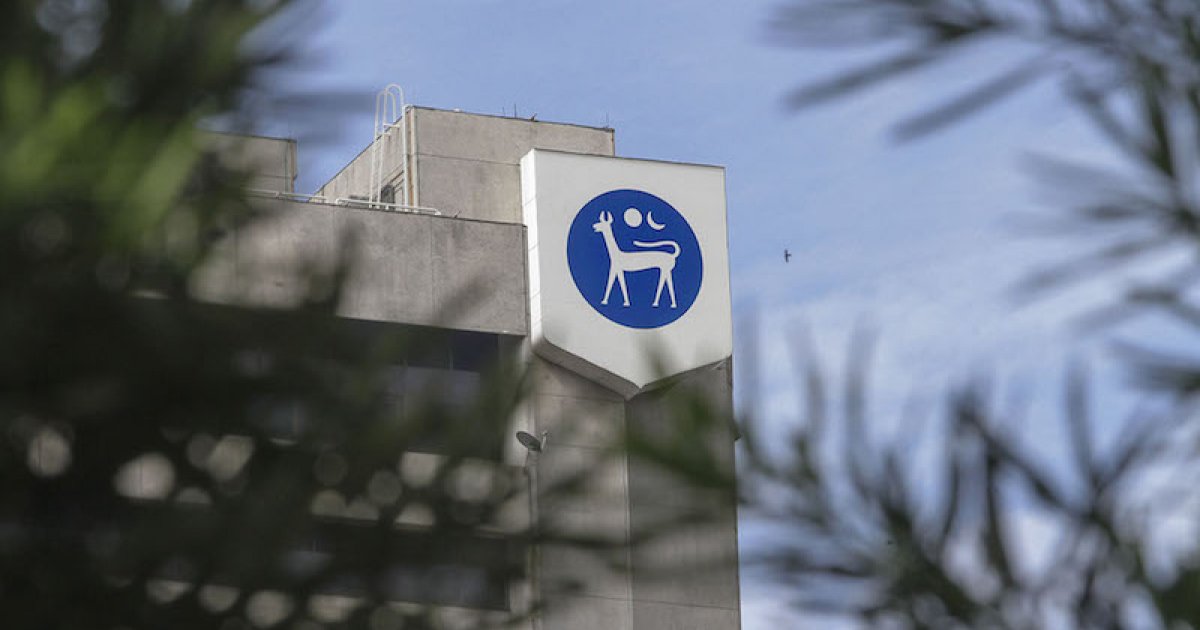KUALA LUMPUR Dec 7 - Every company in the world has one aspiration - which is to make profits for it's shareholders.
But what happens when companies make an insane amount of profits way above expectations boggling the mind.
Such is the situation in Malaysia when palm oil companies recorded astronomical profits circa 2014 when crude palm oil prices reached a high of RM4,000 a tonne.
And crude palm oil prices again skyrocketed to an all time high of RM8,000 a month earlier this year when Russia invaded Ukraine.
Last year, Malaysian rubber glove firms made stratospherical profits and their owners became instant billionaires virrually overnight when their gloves became hot cakes raking hundreds of millions of sales orders from around the world at the height of the pandemic.
And just last week, Malaysia's top banks screamed in the newspaper announcing to the world their out of this world financial year end profits.

What is Cukai Makmur?
Cukai Makmur or also known as the windfall or prosperity tax is slapped by the government on companies which make extraordinary profits during extraordinary times.
The tax does not occur all the time and is imposed only during special occassions.
Banks laughing to the bank due to high interest rates
Malaysian banks are literally laughing all the way to the bank due to higher interest rates which was increased 4 times this year.
Understandably, the interest rates were increased to curb rising inflation rates.
Inflation rates were rising as more and more people are spending post-COVID-19 but at the same time salaries are not increasing thus the ever increasing hike prices.
The government is looking after the rakyat by increasing the interest rates but at same time, homeowners have to pay higher housing loans.
"If this means reducing personal tax yes. I agree that the government should do something. To add to that, this windfall tax not only should be imposed on banks but should be imposed on all corporates that exceed a certain threshold of taxable income," stock market trader Norhamidy Yussof told DagangNews.com.

Contractor Affandy Abdul Rahman meanwhile said it is time for banks to return the favour by helping finance government projects now that they make so much money.
"Banks should also help Bumiputeras more as they now give out more loans to the non-Bumiputeras," Affandy told DagangNews.
Meanwhile, EMIR Research chief executive officer Dr Rais Hussin proposed that the new government of Datuk Seri Anwar Ibrahim to impose a certain percentage of the windfall tax as part of ‘recouping’ the government’s incurred expenditure to increase its targeted subsidy allocations.
“This would partly relieve some pressure on our reliance on Petronas now that oil prices are expected to come down,” opined EMIR Research’s president and CEO Datuk Dr Rais Hussin.
Rais and the think tank’s social, law & human rights head Jason Loh Seong Wei were giving their commentaries entitled 'Immediate priorities of the new PM'.
They said with the fourth consecutive overnight hike to 2.75 percent, this would mean a rise in the cost of loans affecting both businesses and households.
This would subsequently trickle into other sectors and jack up he cost of living.
In a related development, Rais also mooted an idea that banks devise a dual-interest rate regime which can be readily implemented.
“It’s just a matter of political will on all sides – regulator and lender, of which Bank Negara Malaysia should instruct commercial banks under the Central Bank Act 2009 to provide a lower interest rate (based on the OPR of 1.75 percent before the first hike in May 2022) to the B40 and M40 households.”

Rais further pointed out that the OPR is squeezed by 'two sides of the corridor', namely the ceiling and floor rates which are separated from the OPR by 0.25 percent (or 25 basis points).
“At an OPR of 2.75 percent, what this means is that the floor rate is at 2.50 percent while the ceiling starts at 2.75 percent.
Even at 2.50 percent interest paid on deposits of commercial banks (at the standing facility), they (commercial banks) can still afford to allow the B40 and some M40 to pay their instalments based on pre-May interest rate,” he suggested.
“The thing is for BNM to ensure that more funds can be deposited between commercial banks under the Kuala Lumpur Interbank Offered Rate system.
Malaysian banks have reaped a bountiful harvest in the past to incomprehensible wealth levels.
It is time for the new Government of Datuk Seri Anwar Ibrahim slap the banks with the 'occasional' windfall tax. - DagangNews.com









